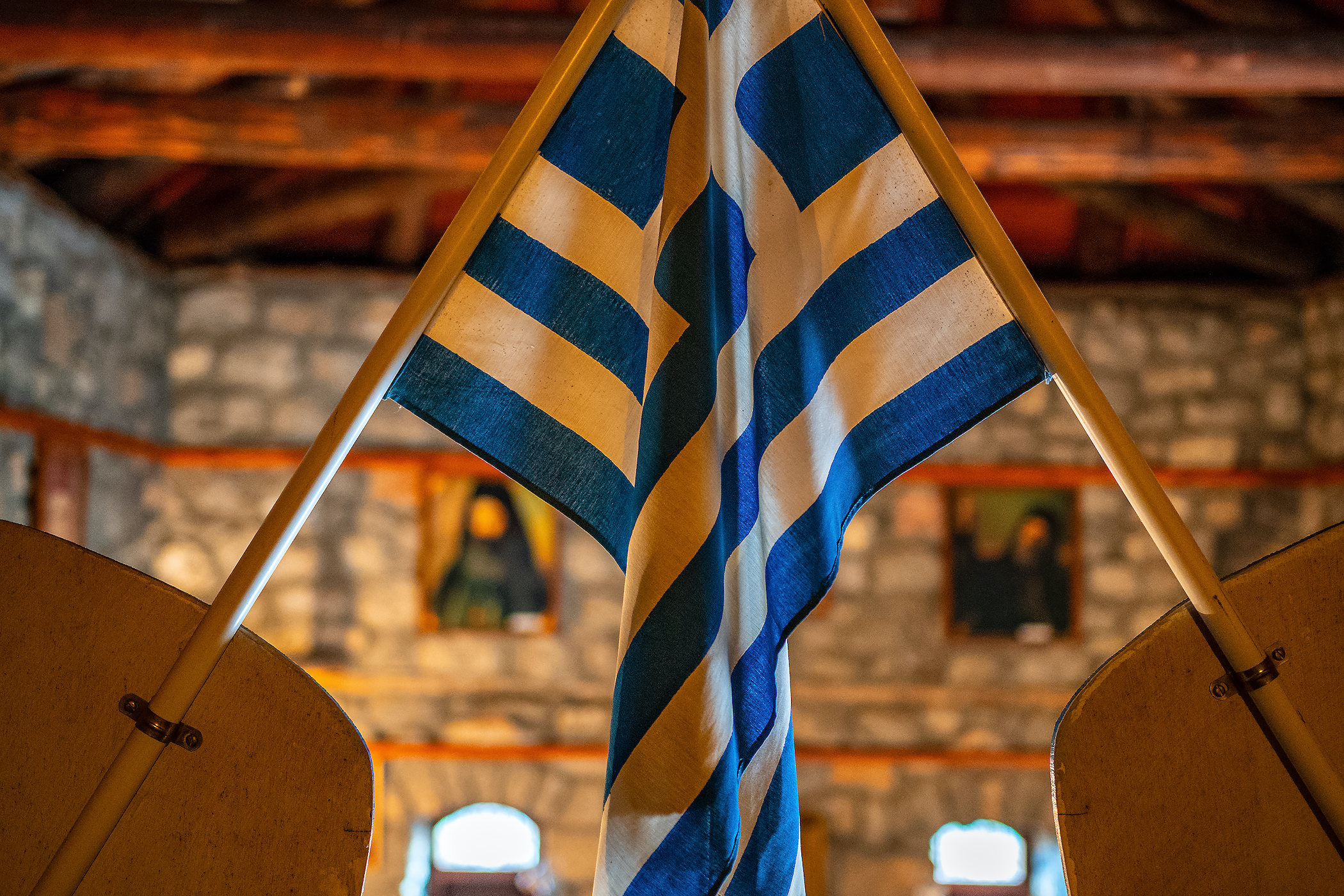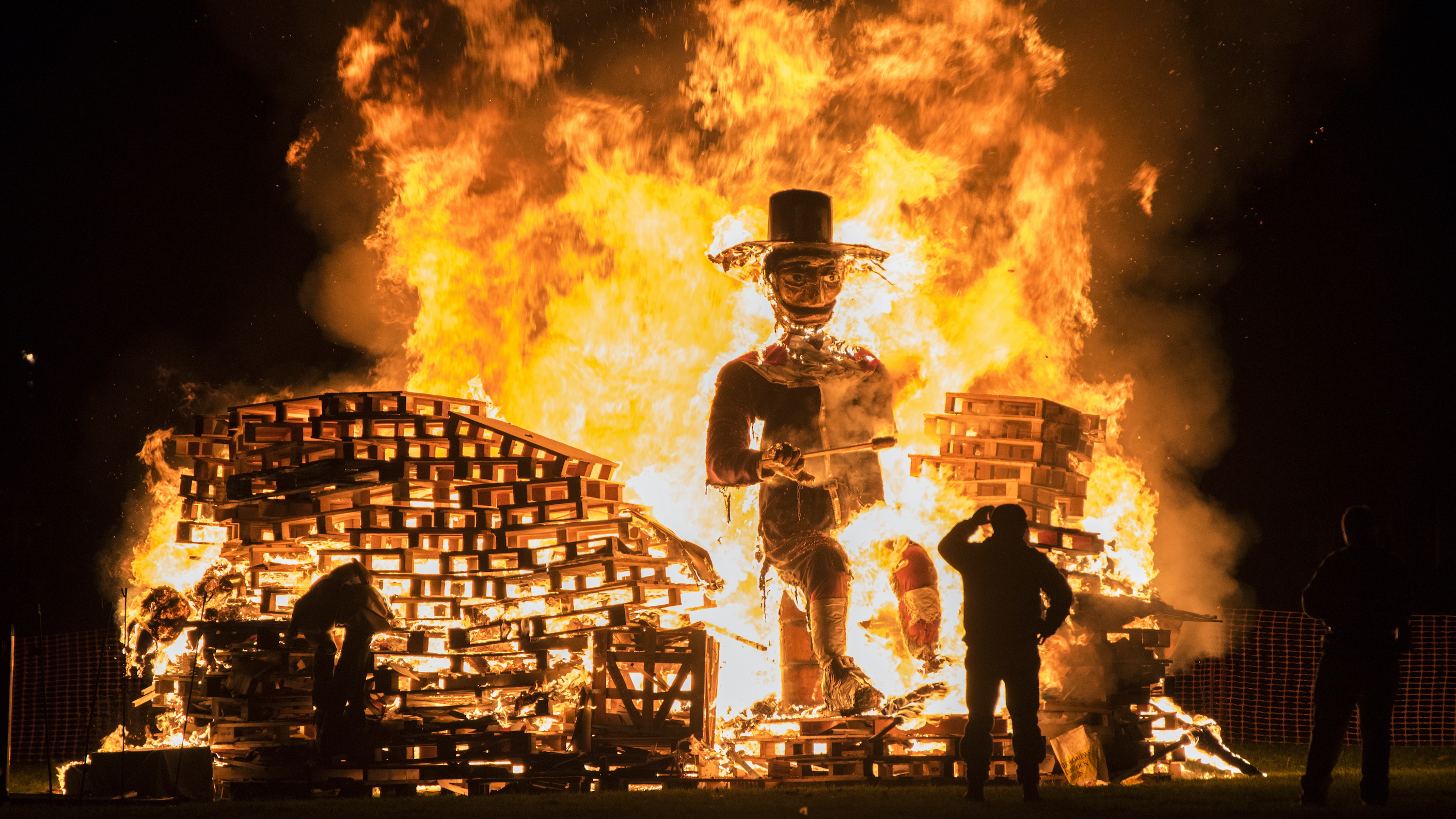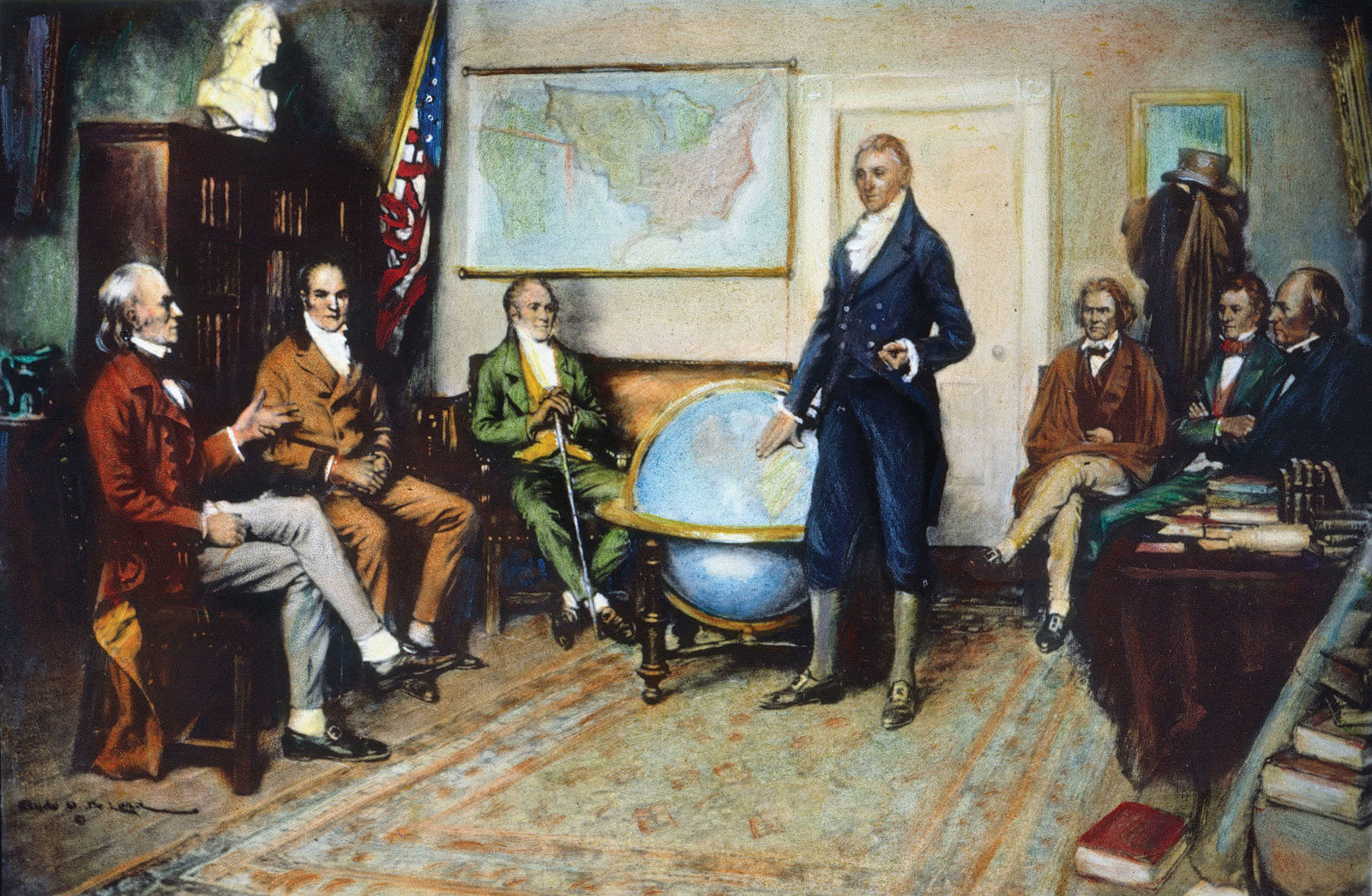An important question was posed by Greek intellectuals at the start of the war of the country’s independence: what is Greece? Is it west or is it east? Does Greece belong with the Western Europeans, culturally and politically, or should it look to the East with Russia and with other Orthodox Christian nations? Greece was always caught in this identity struggle.
In the 18th century, during the country’s previous revolts, Greece had largely looked to Russia, to Catherine the Great, for support in its bid for independence from the Ottoman Empire. Ultimately, though, the Greek cause didn’t get the support that it needed to be successful in that bid. So, many of the Greek revolutionaries, coupled with intellectuals who were members of the Greek intellectual diaspora in Paris, Bucharest and Odessa, decided to change tactics and instead look to the Western Europeans, including the great powers of England and France, and eventually to the United States, to get support, arms and finances for their new bid for independence.
One of the ways in which Greece sought Western European support was by playing up the notion that Greece was inherently linked to the European West through a common tradition of ancient Greek classics, values, aesthetics and political commitments and cultural practices.


